Aging is inevitable—unless you’re a vampire or Paul Rudd. And yet, while men with graying hair get called “distinguished,” women get hit with everything from passive-aggressive Botox suggestions to full-blown erasure from the public eye. Why? Why is it that laugh lines spark existential dread (or unsolicited advice) only if they show up on a woman’s face?
Spoiler alert: It’s not just about beauty standards. It’s about power, visibility, double standards, and a culture obsessed with youth—especially when it comes to women. These 12 quiet, unspoken reasons help explain why aging as a woman feels like walking a tightrope in heels… during an earthquake.
1. Youth = Value (And We’ve All Been Sold That Since Kindergarten)
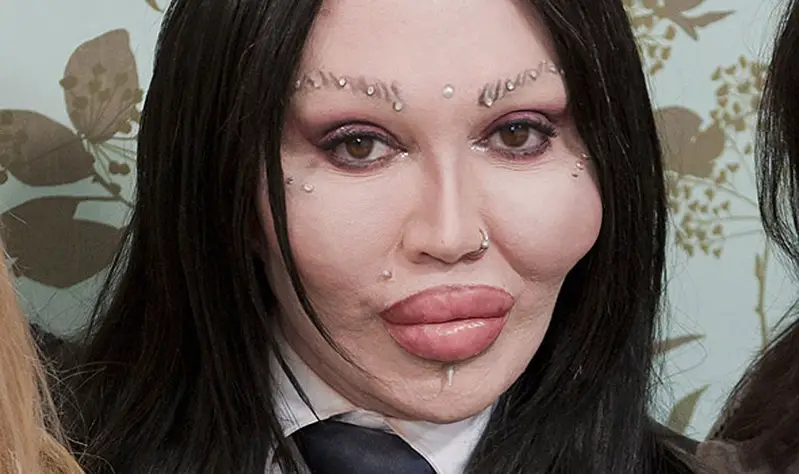
Before we could even spell “wrinkle,” we were being told that younger = better. From fairy tales where the hot young princess always wins to ads that promise you’ll reclaim your “youthful glow,” society equates a woman’s worth with how fresh-faced she looks. According to The New York Times, women are bombarded with anti-aging messages starting in their twenties.
So it’s not just insecurity—it’s programming. We’ve been trained to view aging as a personal failure rather than a natural progression. That’s why the pressure kicks in early and never really stops. Even compliments like “you look so young!” feel loaded, like you’re only valuable if you’re somehow cheating time. And the wild part? We all know this, and it still gets us. That’s how deep the script runs.
2. Hollywood Has a Peter Pan Problem
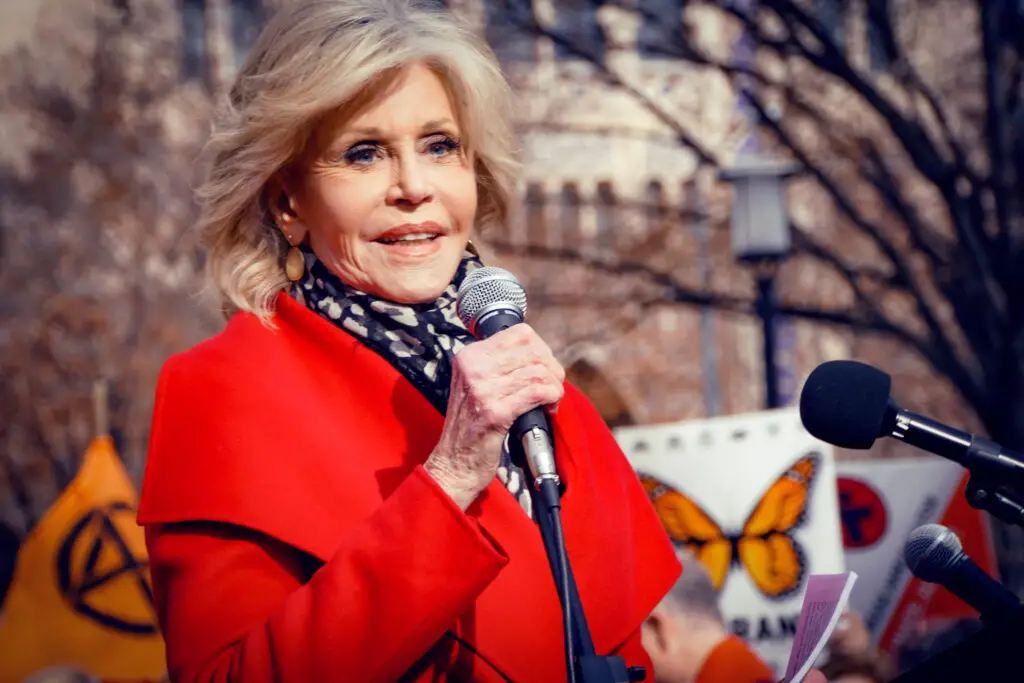
If you’ve ever noticed that your favorite male actors keep aging into leading roles while their female counterparts mysteriously vanish at 40, you’re not imagining things. In a piece by Jezebel the numbers don’t lie—men over 50 are still landing romantic leads, while women the same age are getting cast as their moms. Their moms!
This sends a not-so-subtle message: women’s stories stop being “interesting” when they stop being hot by industry standards. So when Meryl Streep gets called “brave” for aging naturally, it highlights how rare—and apparently radical—that choice is. Meanwhile, men can basically age into sex appeal. (See: Clooney, George.) It’s no wonder the pressure to stay young feels suffocating—it’s a career survival strategy for many women.
3. The Anti-Aging Industrial Complex Is a Billion-Dollar Trap
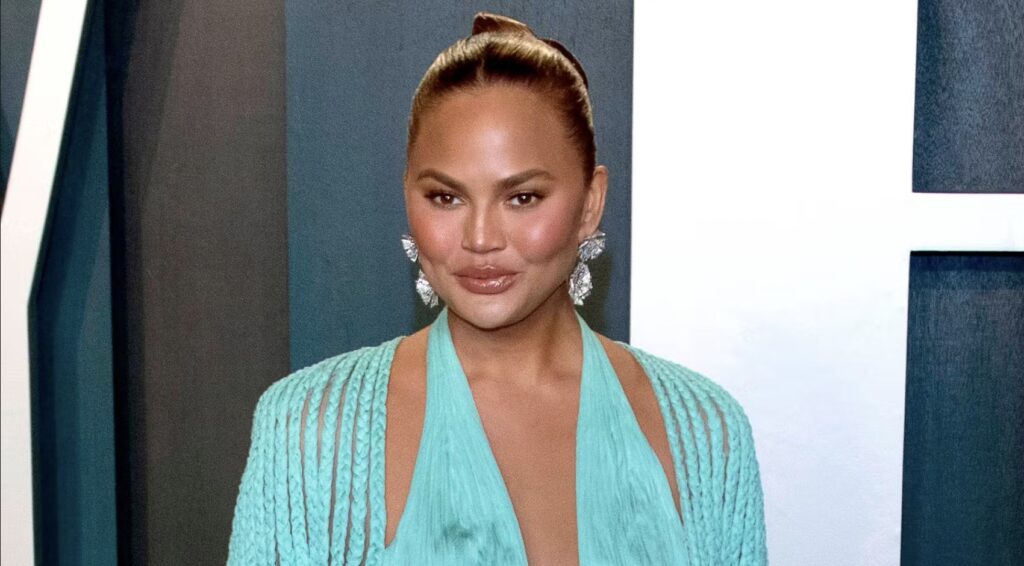
Let’s talk about money, honey. The global anti-aging market is projected to hit over $93 billion by 2027, and surprise: women are its primary targets. According to the John Hopkins Newsletter, these products don’t just sell skincare—they sell fear. Fear of becoming invisible. Fear of being “past your prime.” Fear of being dismissed entirely.
And the products don’t stop at creams and serums. We’re talking injectables, devices, supplements, and full-blown biohacking regimens. The industry thrives on keeping women insecure, promising “fixes” for signs of life that men are often praised for. Crow’s feet? Character. On a man. On a woman? Emergency. It’s a capitalist trap that runs on our desire to be seen, loved, and relevant.
4. We Praise Men for “Aging Well” and Shame Women for Existing
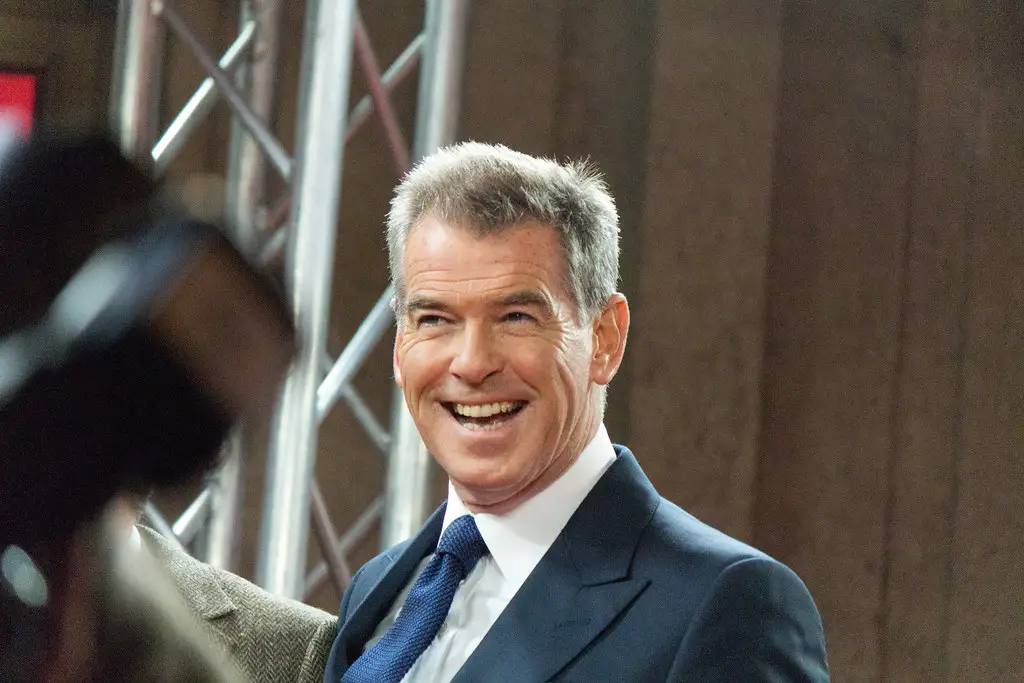
This one’s personal and also, somehow, universal. When men age, they’re seen as wise, sexy, powerful—silver foxes with salt-and-pepper stubble and a Rolex collection. Women? They’re told to “do something about that.” A S&P Global piece laid it bare: the workplace still penalizes older women while rewarding older men with leadership roles and respect.
This double standard makes aging a threat to female ambition, not just appearance. It’s not that women mind aging—it’s the judgment, the demotion, the silence that follows. You’re either “keeping up” or you’re “letting yourself go,” and both options feel like losing. It’s exhausting to be measured against an impossible curve, one that’s rigged from the start.
5. Social Media Amplifies the Pressure in 4K

Once upon a time, you only had to look good in person. Now you have to look 28 in every tagged photo, story, reel, and Zoom call—no pressure! Platforms like Instagram and TikTok have turned aging into a public performance, complete with filters that erase pores, fine lines, and, you know, reality. As The Guardian reported, the rise of beauty filters has skewed our perceptions of what aging actually looks like.
It’s not just celebrities doing the most—it’s everyone. Your coworker. Your cousin. That woman from yoga who’s now selling collagen on her stories. When perfectly edited faces become the norm, any deviation feels like a failure. The gap between real and ideal becomes so wide, it’s practically a canyon. And guess who falls into it most? Women over 30.
6. “Self-Care” Has a Dark Side
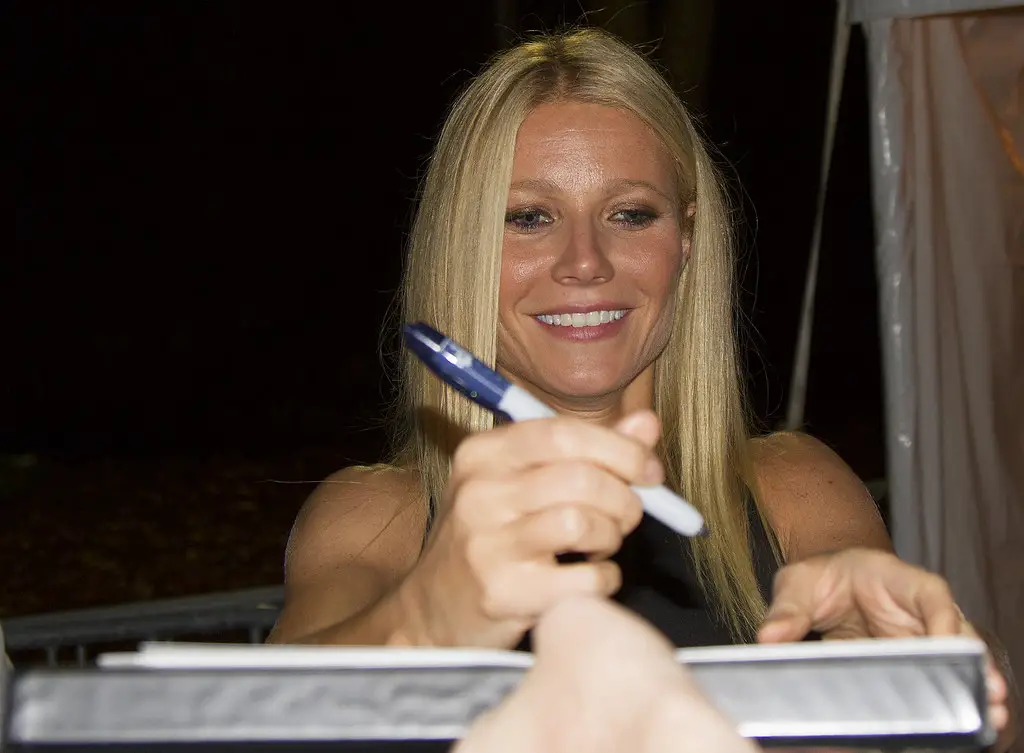
Sure, we love a sheet mask moment. But let’s not pretend all self-care is pure. A lot of what’s labeled as wellness is just beauty culture in a different outfit. Think about it: when’s the last time “self-care” meant actual rest instead of exfoliating and contouring your jawline?
The message is clear: aging gracefully means aging invisibly. Stay hydrated, stay glowing, stay smooth, stay out of sight. It’s like being told to age—but make it sexy. So even when you’re trying to relax, you’re still performing youth. That’s not self-care, that’s maintenance disguised as empowerment. And it’s exhausting.
7. Aging Women = Less Desirable in Dating Apps and Real Life
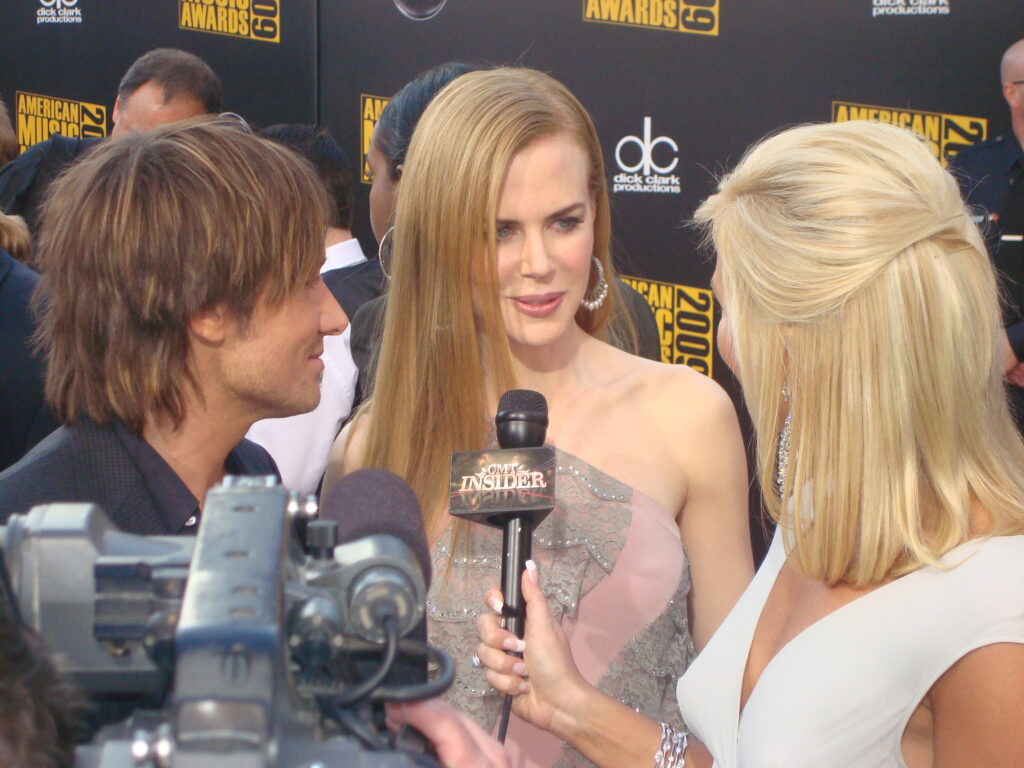
Let’s be honest: online dating can be brutal. Especially for women past the age where society arbitrarily decides they’re “in their prime.” Studies show men typically search for younger matches regardless of their own age, while women tend to date more evenly. The result? A shrinking pool and a rising sense of rejection for women as they age.
And it’s not just the apps. Real life reflects the same bias—where older women are seen as “expired” while older men are “experienced.” A woman over 40 dating someone younger? “Cougar.” A man over 40 doing the same? “Winning.” The math isn’t mathing, and it’s hurting more than just our egos.
8. The Language Around Aging Is Weirdly Violent
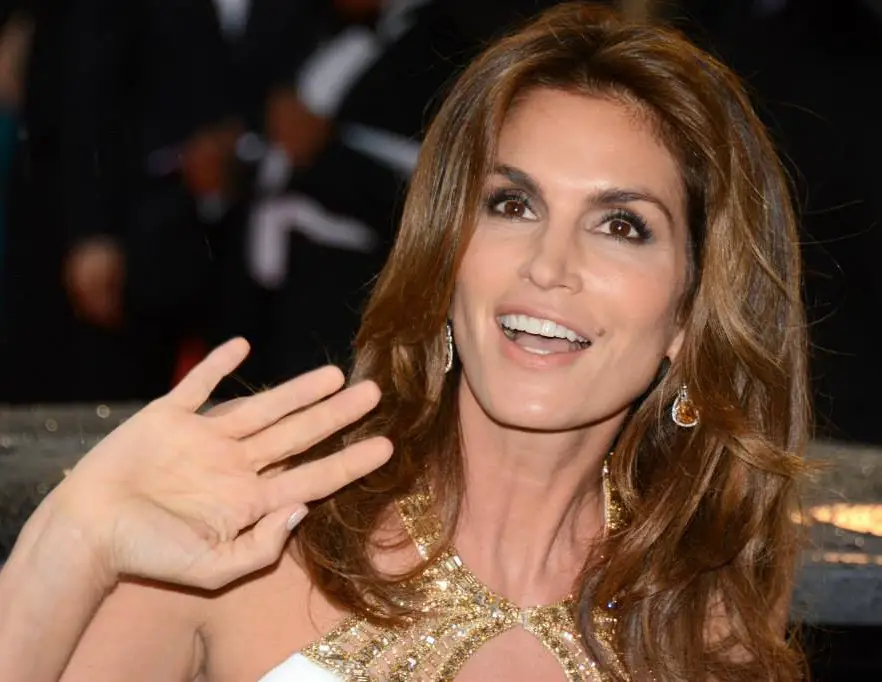
Let’s take a moment to unpack phrases like “anti-aging,” “age-defying,” and “turning back the clock.” What are we, at war with time? The very language used around women aging is aggressive, like aging is a disease you have to fight off with retinol and regret.
You don’t hear people say “anti-maturity” or “age-defying wisdom.” Because that would be ridiculous. Yet when it comes to women, we’re expected to battle nature—and win. The constant framing of aging as something to resist makes every birthday feel like a ticking time bomb. It’s time we call this out for what it is: linguistic gaslighting with a side of SPF 50.
9. We Reward Women for “Not Looking Their Age”
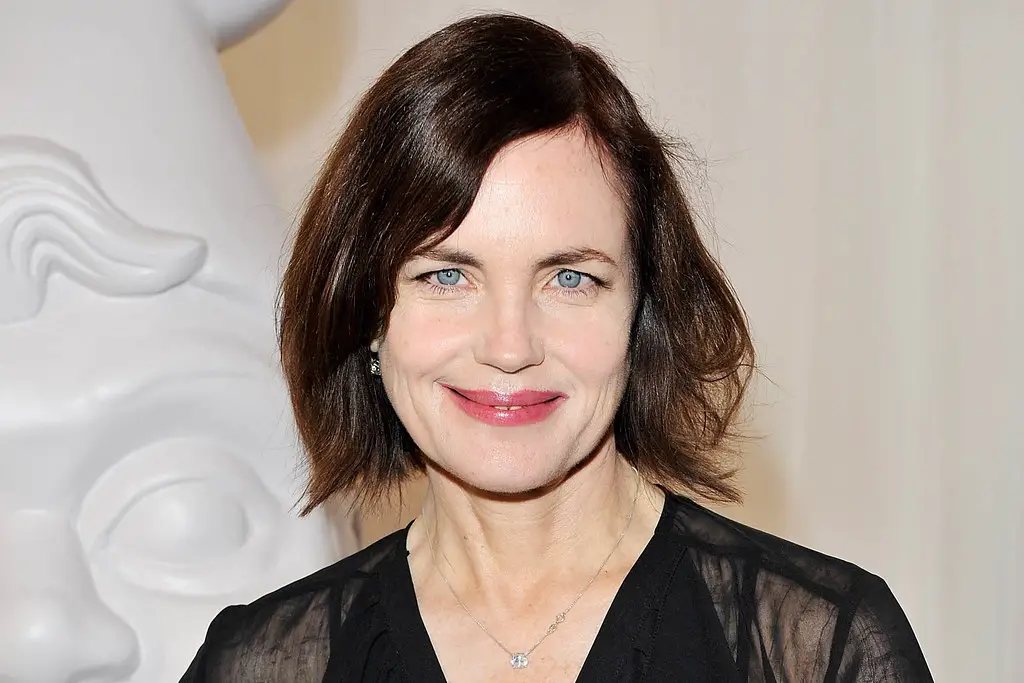
Ever noticed how often “You don’t look 50!” is said like a compliment? Like aging should be a secret shame, and success means disguising it as long as humanly possible. It’s a weird kind of praise that implies your value is in your youth, not your years.
This kind of backhanded flattery reinforces the idea that visible aging is a flaw. That women should aim to freeze time rather than enjoy the ride. And it turns every gray hair or smile line into a personal failing instead of, you know, a totally normal human development. Spoiler: looking your age is not a crime.
10. Female Friendships Get Weirder With Age Gaps
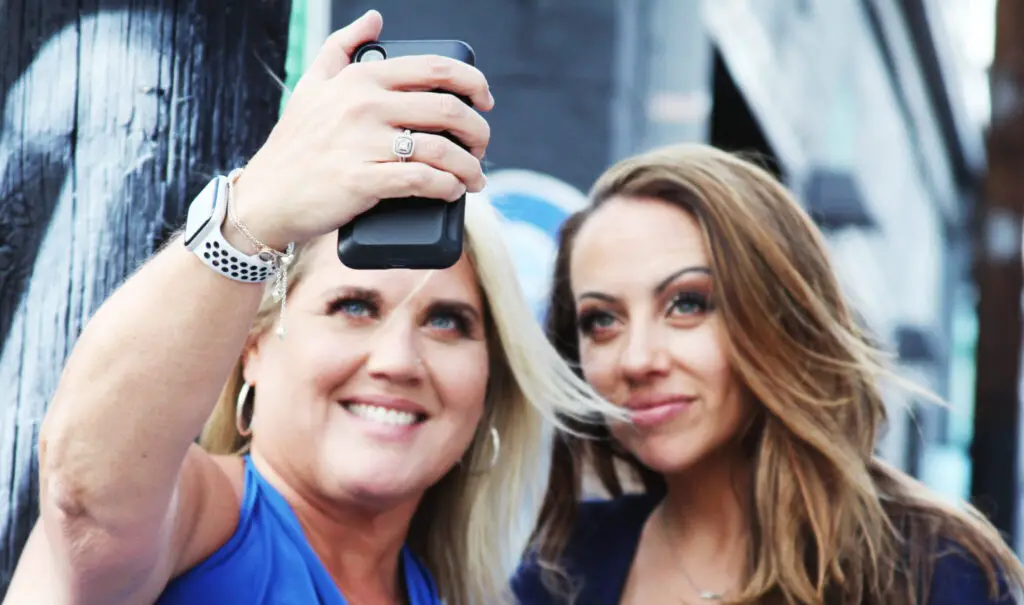
As we get older, friendship dynamics start to shift. Suddenly, you’re either the “young one” in a group of moms or the “old one” in a group of hot twenty-somethings. This can create subtle pressure to fit in by minimizing age—especially when everyone’s talking Botox appointments like brunch reservations.
It’s not that women aren’t supportive—it’s that internalized ageism is real, even among besties. We start comparing more, judging more, even hiding things like menopause or graying hair. And when the goal is to “keep up,” it can feel like aging makes you lose not just collagen, but connection too.
11. Menopause Is Still Treated Like a Secret Shame
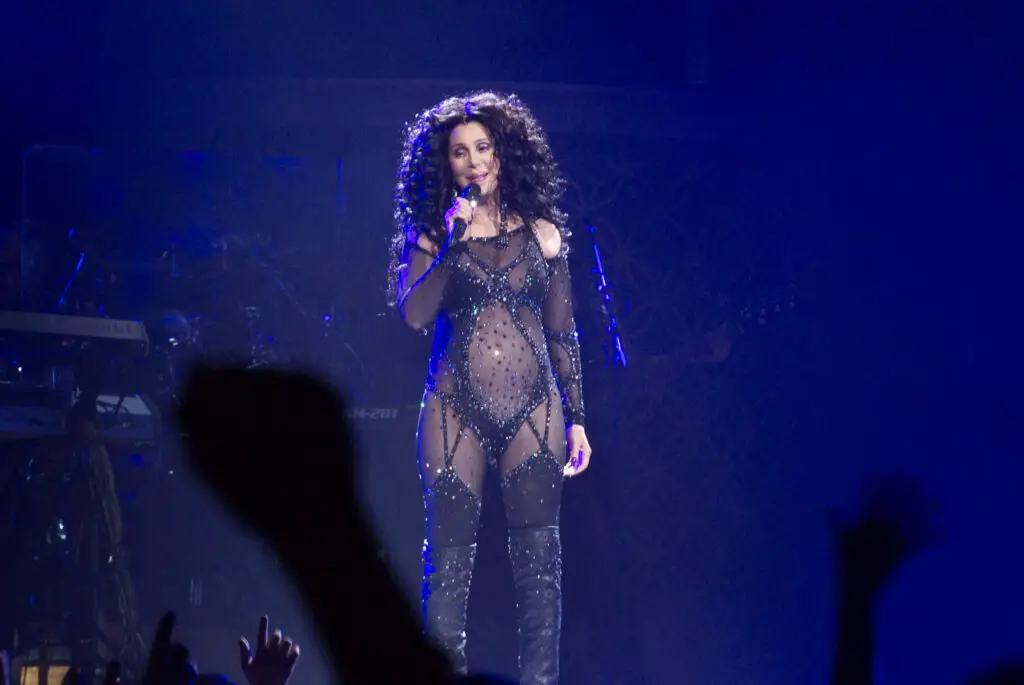
Let’s talk hot flashes, hormone swings, and night sweats—wait, just kidding, because apparently, we’re not supposed to. Menopause is still whispered about like it’s a personal failure instead of a universal experience. There’s a whole generation of women going through it silently because it’s “too much information.”
That silence adds to the stigma around aging. If puberty had a PR campaign, menopause deserves one too. Because the lack of open convo makes women feel alone, confused, and yes, ashamed. But guess what? You’re not broken—you’re just becoming a more powerful version of yourself. Deal with it, world.
12. Visibility Drops Off a Cliff After 50
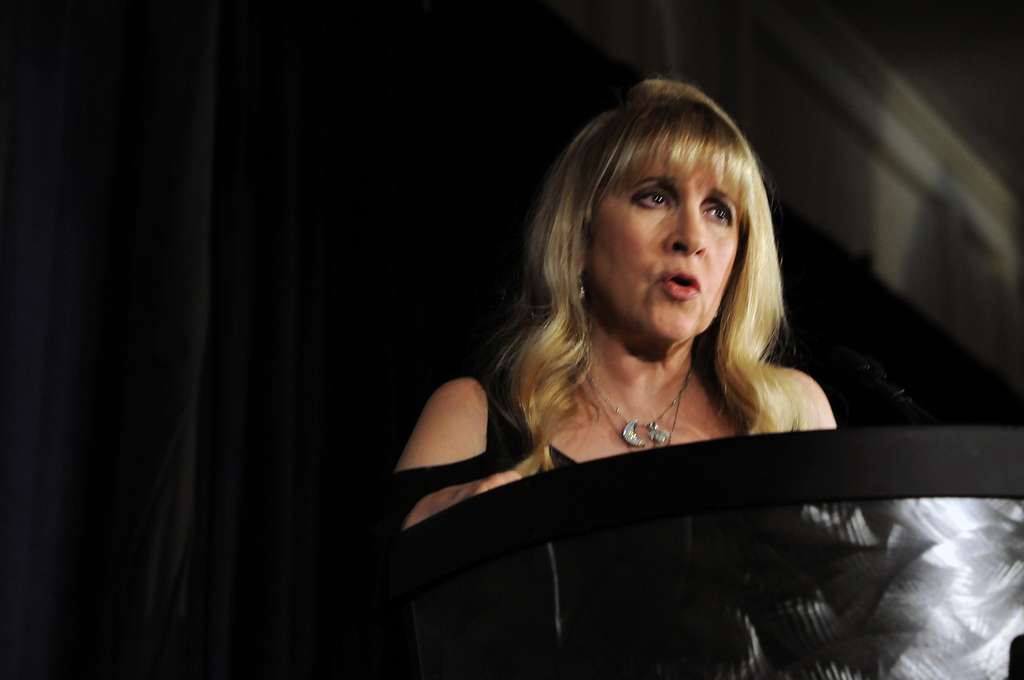
Ever notice how society seems to “forget” women once they hit a certain age? It’s like the world collectively changes the channel. Suddenly, marketing, media, and even social conversations revolve around younger people—as if women over 50 just cease to exist or matter.
This invisibility is one of the harshest blows of all. You spend decades building your life, career, and identity, only to get sidelined when you stop fitting the mold of “young and marketable.” That kind of erasure isn’t just rude—it’s damaging. Because visibility equals value in a world driven by clicks and clout. And when women over 50 get sidelined, everyone loses out on wisdom, humor, depth, and damn good advice.
